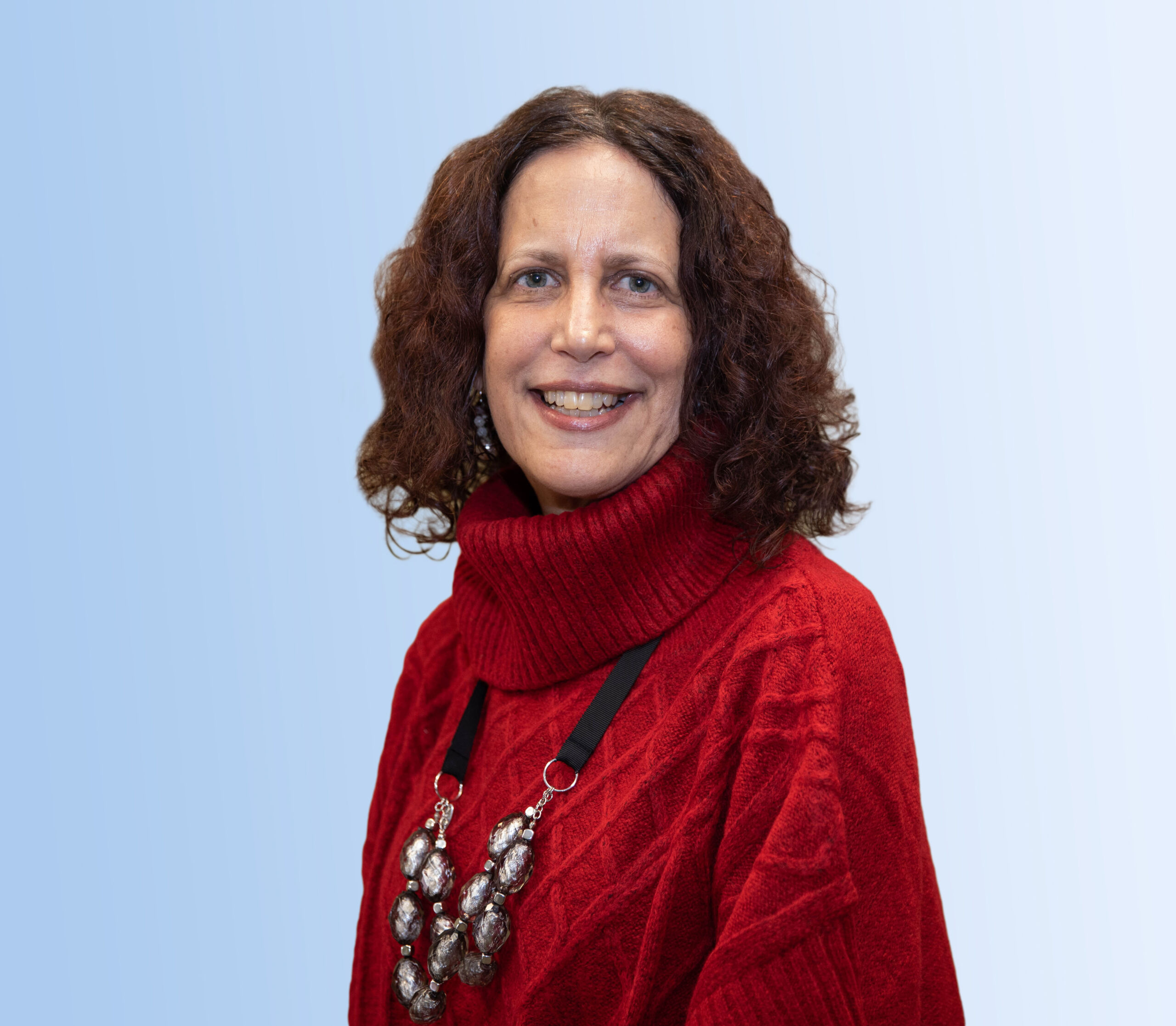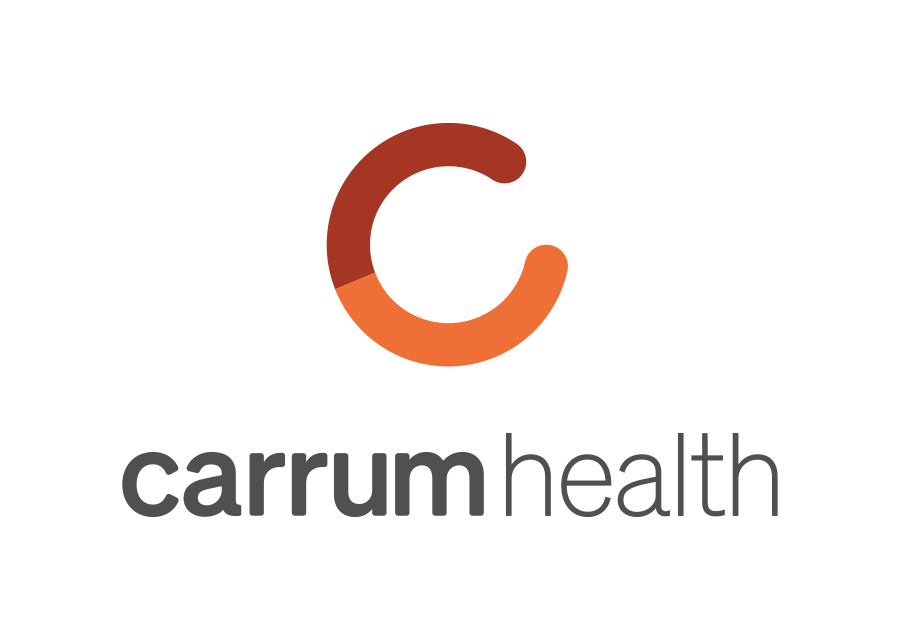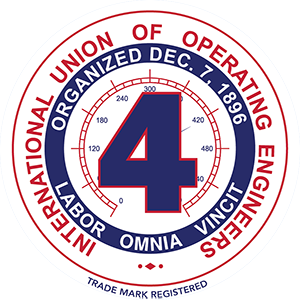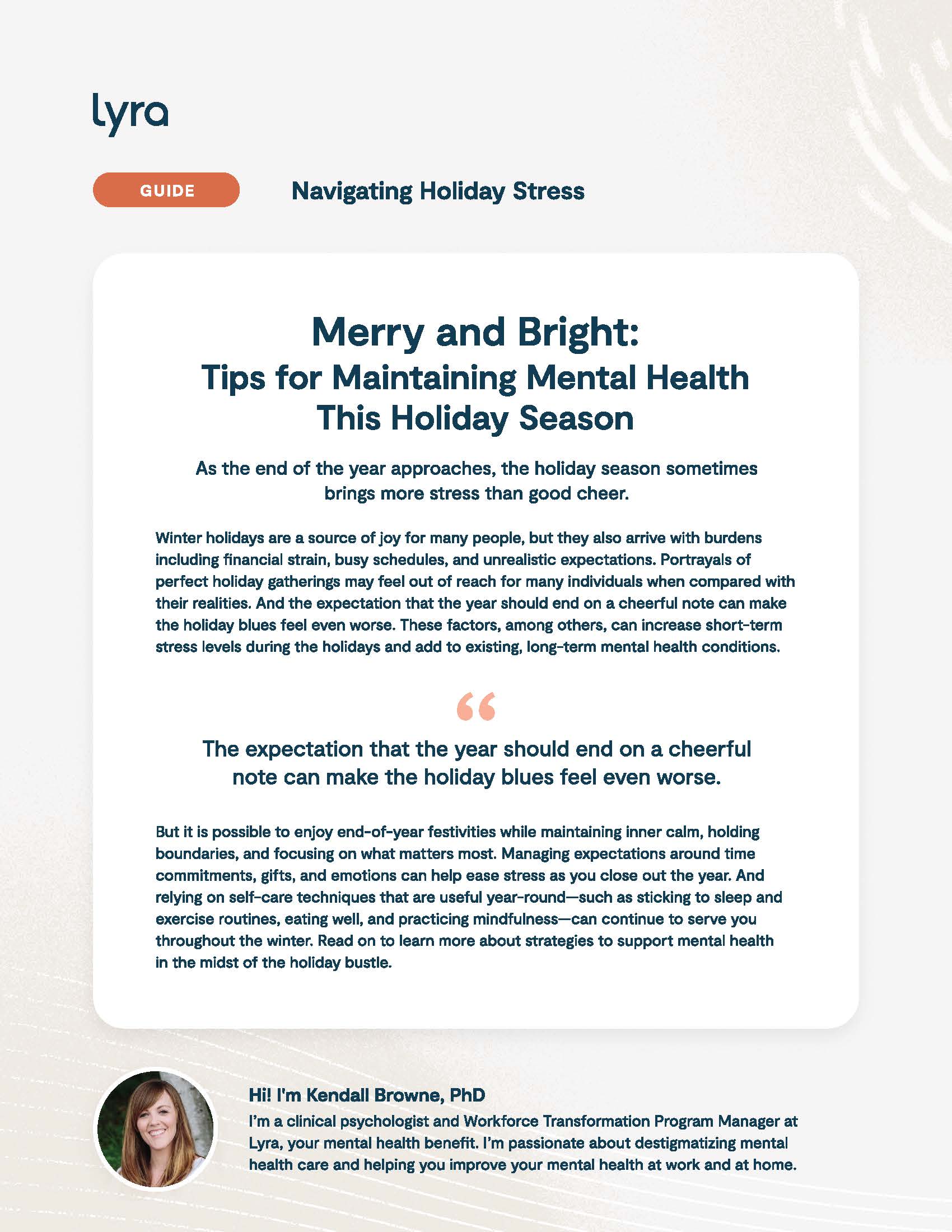Welcome to the Local 4 Funds Office Wellbeing Hub.
We’re glad you’re here!
We’re glad you’re here!
“Health is a state of body. Wellness is a state of being.”
– J. Stanford

Karen Larsen
Social Worker and Care Coordinator
Check out the Mental Health Support page located on the Funds website Mental Health Support – Local 4 Funds. Here you can find resources that are available to the public, including those without insurance through the Health & Welfare Plan, as well as Fund specific mental health resources. If you are experiencing a mental health crisis, call 911 or go to the nearest emergency room.
Happy Holidays
While the holidays can be a lot of fun, it can be a stressful time for many. We often have a “Hallmark” idea of what holidays should look like, but our realities are often very different. What do you do when the holidays are causing stress?
- Take time to take care of yourself. Do something relaxing, like reading, having a cup of tea or hanging out with a friend.
- Get enough sleep.
- Say no. You don’t have to attend every function, party or gathering. Have a list of polite refusals in your back pocket. “We won’t be able to make it this year, but have a wonderful time.”, “I appreciate the invitation, but I am unable to attend.”
- Set boundaries. Boundaries are healthy and can prevent you from overspending, going to events that cause stress and overindulging in food and drink.
- Financial stress is very common this time of year. If finances are an issue, suggest low-cost gift swaps or keeping gifts small and simple.
- Have a strategy to leave events early if the need arises. Make this plan with your partner or family so that everyone is on the same page.
- Loneliness can feel especially challenging during the holidays. Seek out companionship with volunteering, religious and other community events.
- For those who are maintaining sobriety, it can be challenging to be in environments where there is alcohol. Consider finding alternative events that are alcohol free or plan your own activity with people who support your sobriety. Support groups, 12-step groups, and counseling may be helpful.
This Month’s Featured Partners
Musculoskeletal Programs
Eligible members of the Local 4 Health and Welfare Plan and their dependents have access to programs for musculoskeletal health, including exercise therapy from Hinge Health, physical therapy from Vori Health and orthopedic surgery from Carrum Health. Digital therapy platforms may make it easier to access care, as you choose when and where to complete your sessions. Hinge Health provides a digital chronic pain management program for orthopedic conditions and pelvic floor disorders. Your care team consists of a physical therapist and a health coach. Sensors and a digital app connect you with your care team and provide feedback. Hinge is available at no cost with no copayments and no need for office visits. For more information, visit Local 4 and Hinge Health or call 855-902-2777. Vori Health offers virtual physical therapy appointments for back and joint pain. This physician led program includes virtual diagnosis and a care plan developed and sent to your dashboard. Vori Health is an in-network provider with Blue Cross Blue Shield of Massachusetts. Copayments, deductibles, and co-insurance apply. Find out more at Vori Health BCBS MA x Vori Health | A better approach to back, neck, and orthopedic care or call 866-719-9611. For those who need hip and knee replacement surgery, spinal surgery, or other orthopedic or spinal procedures, Carrum Health offers these programs at centers of excellence. When you use Carrum, you pay no out of pocket costs. For more information, see IUOE and Carrum Health or call 888-855-7806.





